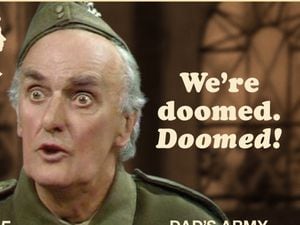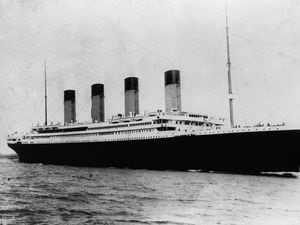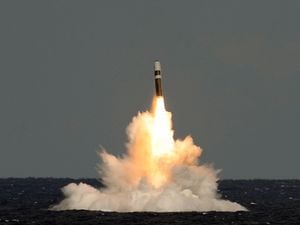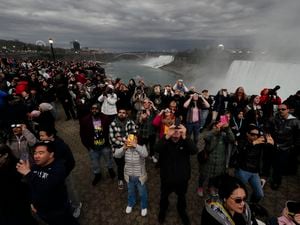Peter Rhodes on Russian champagne, imagination in the 1960s and a vote-winning plan that's sure to be stolen
Read the latest column from Peter Rhodes.

Tell me I'm not alone. When you hear a politician saying of Covid restrictions: “Let's leave it to the judgment and common sense of the British people,” do you not also hear the distant voice of Private Frazer in Dad's Army: “Doomed, we're all doomed”?
If politics was about common sense, Labour would be miles ahead in the polls, thanks to its new post-Brexit economic vision based on plans to “make, sell and buy more in Britain.” Unfortunately, politics is more about cynicism and opportunism. How long before Boris Johnson boldly announces a new Conservative economic policy based on plans to “make, sell and buy more in Britain”? One of the many dark arts of politics is to spot a good idea – and nick it.
The scandal over graves discovered at old residential schools in Canada is not the only nightmare haunting that happy, hospitable land. Canadians also shudder to recall that in the 1950s Inuits who had lived happily in Quebec for generations were forcibly moved north and rehomed in the barren Arctic wastes. They were moved purely for political reasons, to demonstrate that Canada not only owned these vast territories but occupied them. I visited the remote settlement of Resolute Bay more than 20 years ago. A local official described the shameful relocations, for which the Canadian government has since apologised, with the justification: “We didn't want to wake up one day and find Norwegians living here.”
A new Russian law approved by President Putin means that only wine produced in Russia can be sold as champagne. The real stuff, lovingly created in the Champagne region of France, must be labelled “sparkling wine” to be sold in Russia – a steppe too far for the French to contemplate. But then the Russians have always had a high opinion of their own bubbly.
I recall a trip to St Petersburg, then known as Leningrad, in 1976. In the hotel dining room, a Soviet war veteran with a chestful of medals had the job of promoting Russian champagne to Western tourists. With immense gusto, he pointed to a string of gold awards on the label. So we bought a bottle. It opened with a weary pop and was quite flat by the time it reached the glass. If that's champagne, I'm Tolstoy.
After my piece on how the car-plane hybrid was first proposed decades ago, a reader suggests that folk in the 1960s would consider futuristic gizmos, including car-planes and mobile video phones, as unimaginable. On the contrary, back then the most amazing futurist fantasies were entirely imaginable because we all believed the dynamic pace of scientific research would continue at its then dazzling rate.
In 1968, brimming over with imagination, we saw no reason why Stanley Kubrick's 2001: A Space Odyssey should not happen by 2001. It didn't happen because we got bored with moon landings – and no-one ever imagined that happening.





